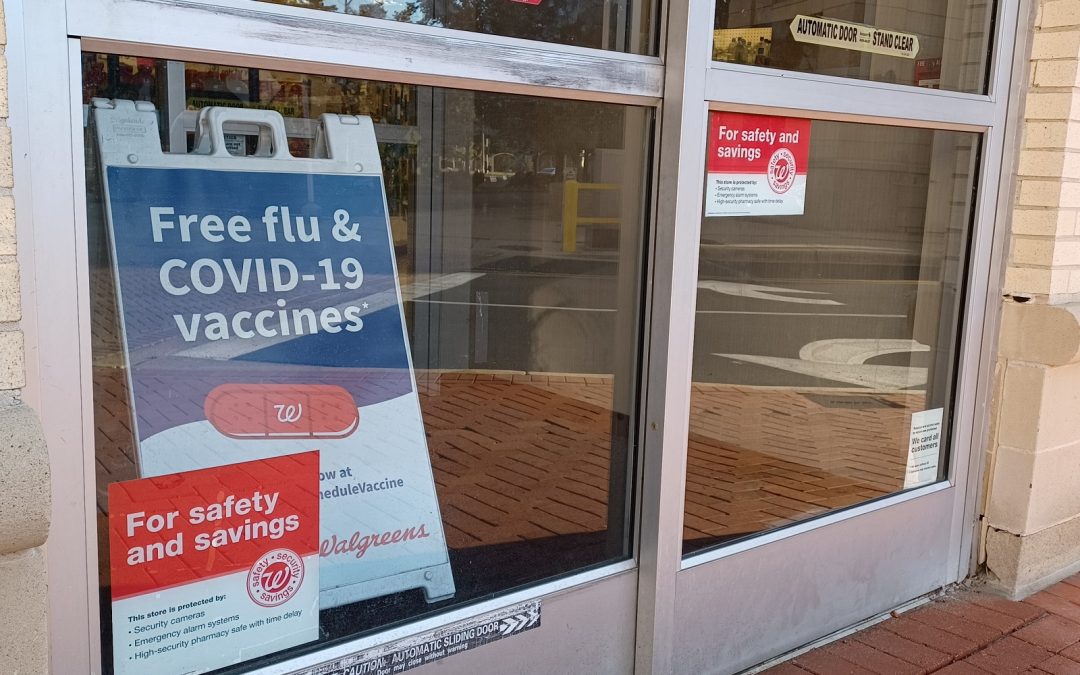Unlike the first two COVID winters when the federal government paid for vaccines, tests and treatments, public health officials say that Americans could end up paying a much bigger share of COVID medical costs during the coming wave.
The Biden administration on Oct. 13 extended the COVID-19 public health emergency through Jan. 11, 2023. Nevertheless, it expects to cease its purchase and distribution of COVID vaccines later the same month, according to an announcement in August, citing a lack of federal funds.
It signals the era of government-financed COVID tests, vaccines, and therapeutics is probably coming to an end soon. A transition to the commercial market is on the way instead.
Regardless of insurance status, every individual in the U.S. currently has free access to COVID vaccines and can obtain medically indicated COVID tests without cost sharing.
COVID treatment cost sharing now differs based on insurance coverage. Those with public insurance, such as Medicare and Medicaid, are not required to pay for government-purchased COVID treatment services, including oral antivirals and monoclonal antibodies.
Most private insurers have implemented cost sharing since late 2021. Nevertheless, oral antivirals are currently paid for by the federal government, so there is no cost to insurers or patients for the medications themselves.
Once the transition is completed, even people with public or private insurance are likely to face new or high COVID cost sharing, more limited coverage, or both, said Jen Kates, a senior vice president of Kaiser Family Foundation.
The depletion of the federal supply won’t affect much on the free access to COVID vaccines, including boosters. COVID vaccines will continue to be accessible to all those with public and private insurance. However, this will not be the case for COVID treatments and tests, according to a Kaiser Family Foundation report about the commercialization of COVID countermeasures.
Prices of certain COVID medications and therapies that were approved during the pandemic will face a risk of rising, according to Rena Conti, a health economist at Boston University.
Once the current federally-purchased supply is depleted, public insurance coverage of COVID tests and medication will vary by state. At-home tests and testing related services will be charged in some states. Private insurers will take on more of the cost of medications, which could result in higher premiums. Patients with private insurance will likely have cost sharing both for COVID tests and medication, the report says.
The worst impact will befall the uninsured. “They will have no guaranteed access at all to tests or treatments in a new environment without federal purchasing and protection,” said Kates.
About 31.6 million (9.7%) people of all ages were uninsured in 2020 nationwide, according to the latest National Health Statistic Reports released in February. The access problem for them will be onerous. Even the current price of COVID diagnostic tests for self-pay individuals can be as high as $478 per test in some hospitals.
“The lack of funding does create a challenge, but providing access to all Americans continues to be one of the biggest priorities of our work,” said Dawn O’Connell, the assistant secretary for preparedness and response within the U.S. Department of Health and Human Services.
The department would launch a program proposal allowing uninsured adults access to immunizations and therapies for COVID, said O’Connell, at a virtual conference last month hosted by Kaiser Family Foundation. Still, its successful execution depends on whether Congress would pass the administration’s COVID funding request.
The outlook is not positive. The White House has worked unsuccessfully for months to convince Congress to approve more COVID funding. Earlier this fall, it requested another supplemental emergency funding including approximately $9.1 billion for COVID. However, Congress has yet to provide any.
O’Connell said they are considering using the department’s annual funds and other existing programs to bridge the gap if they are not able to get the supplemental funds.
With new variants looming, the department is seeking an enduring COVID response. From O’Connell’s perspective, the most urgent need for federal funds is to develop the next generation of COVID vaccines and therapies that can protect against all variants.
“That would get us out of a boom-bust cycle, otherwise, you need to continue to have a booster,” said O’Connell.

